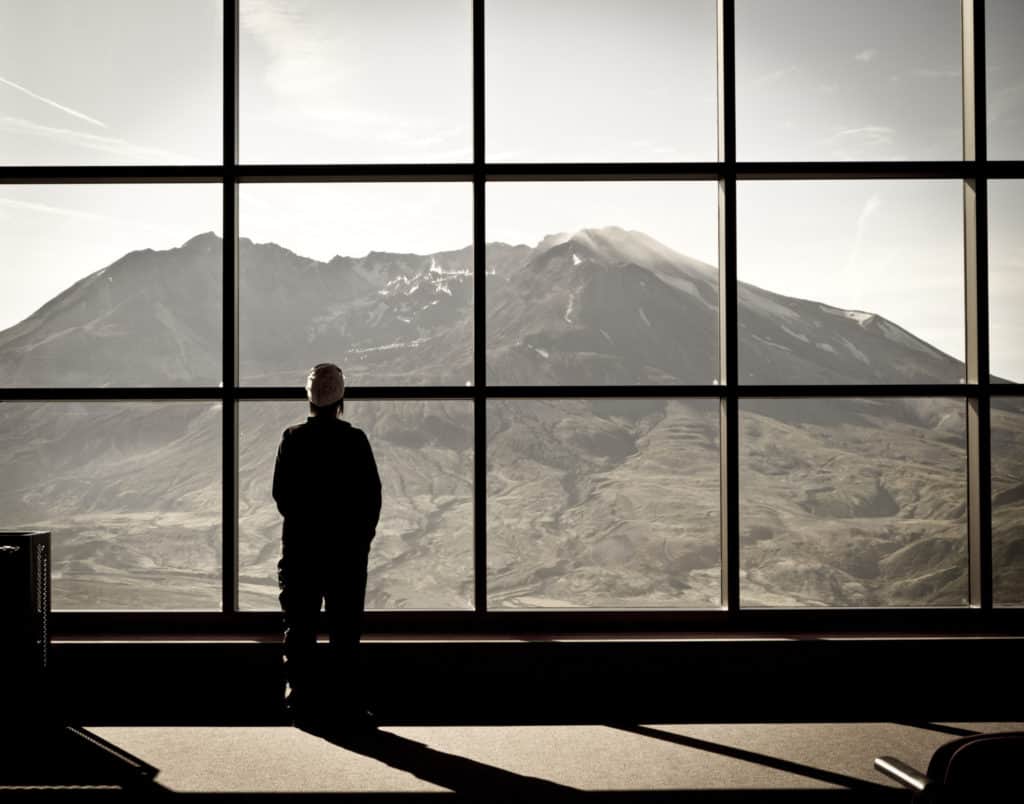Filters: Your First Step Toward Resilience
Resilience. It is the single most important characteristic of leaders today and almost no one is talking about it. We are.
The journey to becoming a resilient person or organization begins with our window to the world, the way we see, sift through and interpret events, and our ability to extract meaning from it.
We All Have Filters
We are born as clean slates; absorbent sponges designed to soak up overwhelming amounts of information.
 As we grow up, billions of bits of information bombard us daily, through which we sift and sort and keep that which serves us in the moment, primarily for the purpose of our immediate survival. These ‘ways of seeing’ are shaped by our attitudes, assumptions, opinions, and beliefs, and become the filters we use for our daily survival. Our ability to reframe a situation proactively, rather than resenting it, is largely what equips us to build resilience. That ability is driven by our filters.
As we grow up, billions of bits of information bombard us daily, through which we sift and sort and keep that which serves us in the moment, primarily for the purpose of our immediate survival. These ‘ways of seeing’ are shaped by our attitudes, assumptions, opinions, and beliefs, and become the filters we use for our daily survival. Our ability to reframe a situation proactively, rather than resenting it, is largely what equips us to build resilience. That ability is driven by our filters.
The sum of our filters impacts the way we see the world and our place in it.
Similar to a hard drive on your computer, your filters serve as the operating system on which all the ‘apps’ run. If the operating system is not effective, the apps will never run as well as they should.
When data enters our minds, the ways we interpret it and the conclusions we form, are based on our filters, the windows through which we see the world. We become accustomed to seeing things a certain way, and because of that, we block out pertinent information and skew the incoming data to fit what we already believe and like to be right about. We all do it. It’s human nature.
Filters Determine Our Behavior
Our filters can force us to behave in ways that prevent personal effectiveness and professional advancement. As soon as you think you’ve done the work to uncover them all, there will be more. Becoming self-aware is a life-long endeavor.
The way we filter incoming information is based on our experiences. Our experiences shape our:
- Opinions—what we’d like or don’t
- Attitudes—what we’ll do (or say) or won’t
- Assumptions—what we think is true or not
- Beliefs – what we know (or think we know) about the world and our place in it
These four sets of filters merge to form the basis of our belief structure, and it is our belief structure which predetermines the results we are able to create professionally and personally. Unfortunately, we’re unaware of most of them.
If we’re aware of these beliefs and how they color our interactive responses, we can select the filters that help us, and those around us, and learn how to reframe the ones that hold us back.
Our ability to thrive is determined by your resilience and the choices you make, both of which are driven by your core beliefs.
Our core beliefs, which are the sum total of all our filters, are revealed in what you say and do.
Filters Drive Our Decisions
Our bodies don’t help us carefully choose which filters to apply in stressful moments. Physically, we are hard-wired to react instantly when something sudden, unexpected, or dangerous happens to avoid stress based on the filters we have established.
It is the same for your organization. We’ve all experienced this in organizations when management collectively resorts to ‘the way we’ve always done things’ or ‘how we did it last time’ when disruption hits the organization, but a more innovative solution is required. Human nature applies here because organizations are made of, well, humans. Inherently, people don’t like to trade the known for the unknown. Change can be uncomfortable or exciting—or both. It’s a choice our filters drive.
Leveraging Filters Builds Resilience
We are all emotional beings with the same type of innate stress response. The degree to which we understand how to influence our feelings and responses will determine how well we leverage that response in ways that serve us best, drive results and come back faster, energized and elevated by setbacks.
Filters matter.
Understanding how what we see and hear is filtered such that we inevitably back up our current beliefs, and noticing the effects of the filters we have chosen in our lives and our organizations, is the first step to develop our ability to bounce back better after a setback.
Resilience is not about putting things back the way they were. It is about finding a new normal to move forward, to get comfortable and to contribute to other people. It’s about being able to be energized and elevated by disruption, instead of being crushed by it.
Leadership requires extreme self-knowledge. We had better be able to figure out what we believe, and why, before we ask any member of a team to follow us into a turbulent sea of uncertainty.
